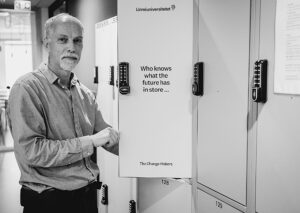
Cornelius Holtorf: Dare to think big
Cornelius Holtorf is a professor at Linnaeus University and describes himself as an archaeologist of...
Read more

The Nuances of Knowledge
Stories About Collaboration

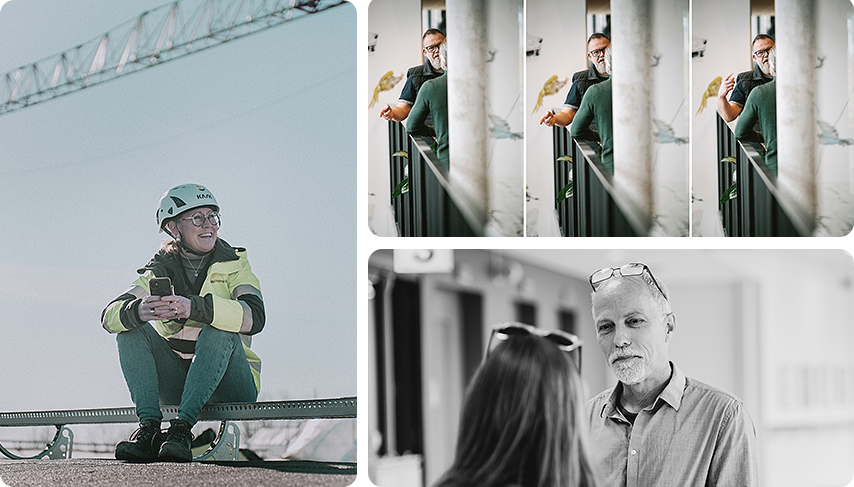
For academia, collaboration is a tool to understand and learn about the reality they study, to identify problems, and to develop new research ideas. Through dialogue with practitioners, researchers increase the odds that scientifically developed knowledge becomes relevant and can be applied beyond academia
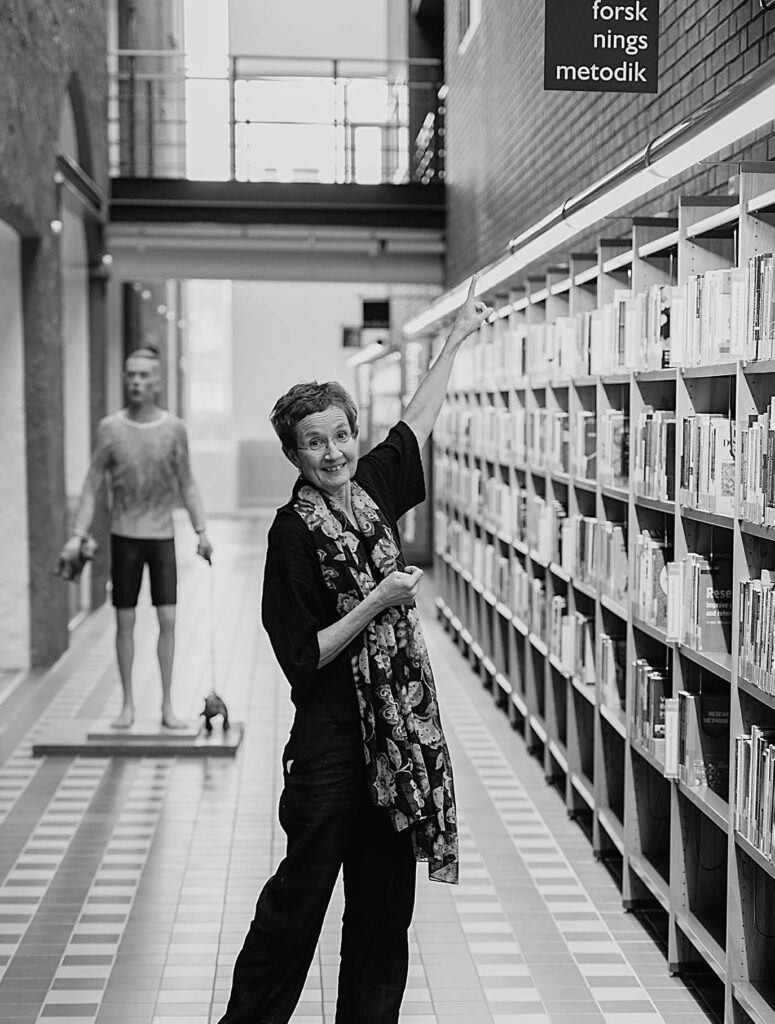


Cornelius Holtorf is a professor at Linnaeus University and describes himself as an archaeologist of...
Read more

Problems are there to be solved, and sometimes a problem needs to be redefined for the right solutio...
Read more

Kristina Säfsten is Professor of Production Systems at the School of Engineering, Jönköping Universi...
Read more
For the business sector, collaboration may promote new thinking and innovation. Collaboration simply makes it possible to shorten the distance from research to its application, by translating and transforming it into practical contexts by, for example, consultants, entrepreneurs, industrial workers, or politicians. Collaboration further provides opportunities to attract and recruit skilled employees, and to build research and development expertise
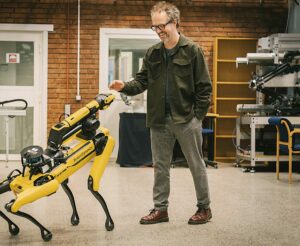
Johan Eker is the adjunct professor who became a “real” professor in an environment based on close c...
Read more

Emma Björkenstam practises what she preaches. As an area manager at ByggDialog, her work involves en...
Read more
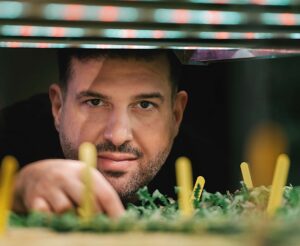
Collaboration often leads to new ideas, new projects, and sometimes even new companies. For Sepehr M...
Read more
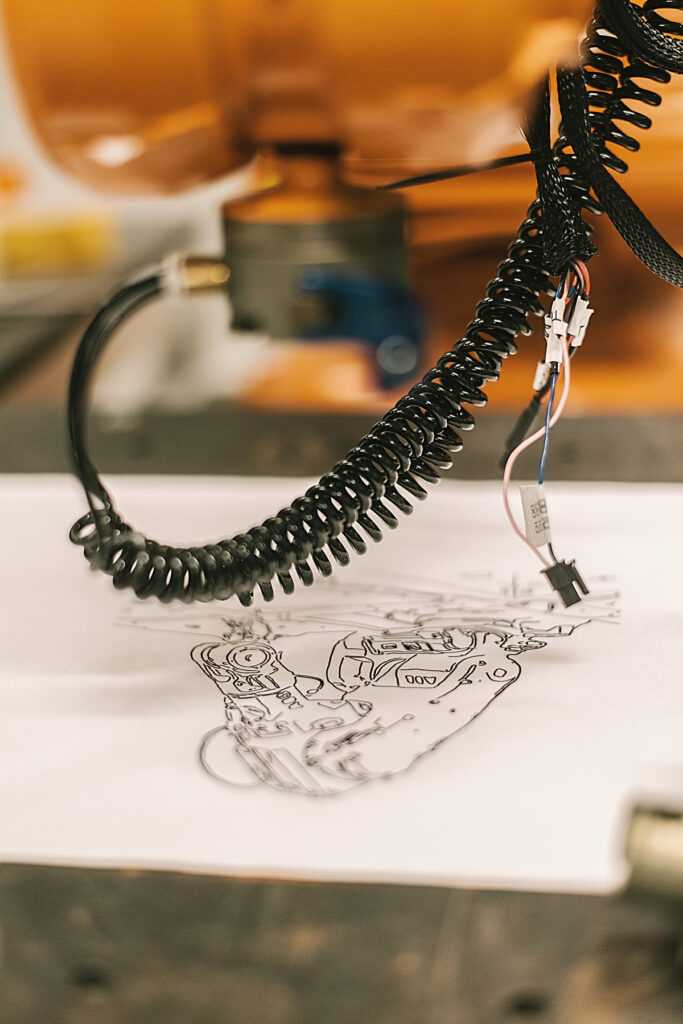
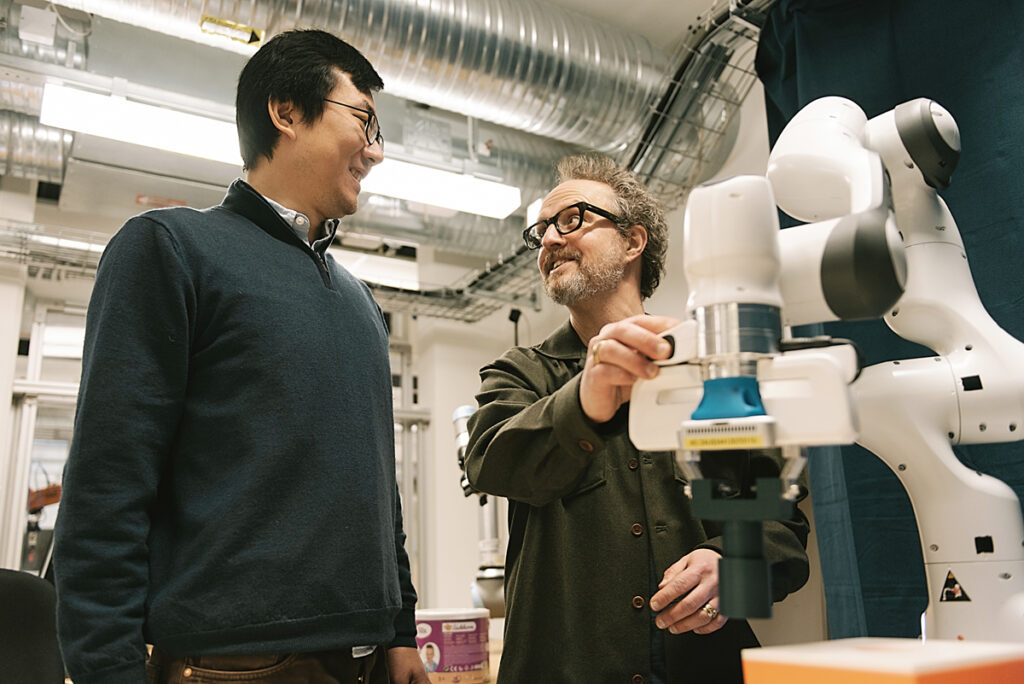
For society at large, the value of collaboration can be described as creating a foundation for trust and mutual understanding. Collaboration contributes not only to skills supply and lifelong learning, but also to a sense of belonging. By developing knowledge together and learning from each other, a different kind of value is created which goes beyond the direct benefits – the value of us all, in different ways, contributing to a wiser and more competitive society.



The Stockholm School of Economics (SSE) is an example of an institution entirely founded on collabor...
Read more

Collaboration comes naturally to some, and it is simply the result of curiosity and the desire to le...
Read more

Swift development is needed to cope with everything from battery production, electrification, and ne...
Read more